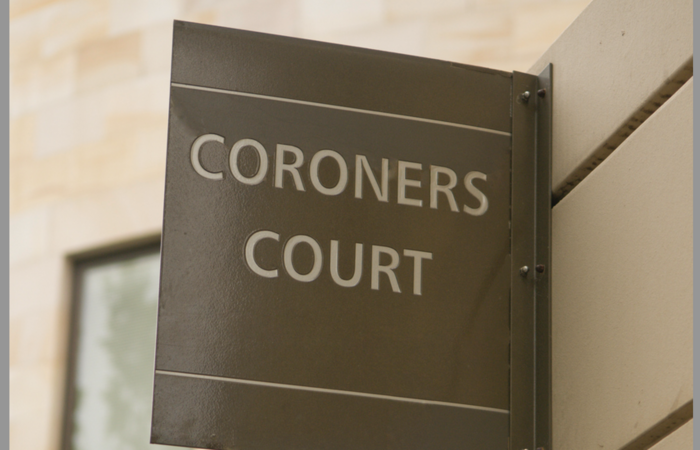Coroner: Housing association could have confiscated excess medicine from vulnerable resident
In Analysis
Follow this topic
Bookmark
Record learning outcomes
A coroner has said the North-East-based housing association Home Group Limited should consider confiscating excess medicines from vulnerable residents if they are stockpiling them after a man with mental health problems died having taken a “substantial” amount of methadone.
Ian Singleton, the area coroner for Wiltshire and Swindon, said Christopher John O’Donnell died from asphyxia due to airway obstruction by vomit and drug toxicity. He was found dead on December 12, 2023 at his supported living accommodation at Canal House in Wiltshire having “consumed a substantial but not fatal amount of his methadone medication”.
O’Donnell had a history of drug and alcohol abuse and mental illness which he was prescribed medication for. The inquest into his death heard that the month before he died, he admitted he had not taken his medication for “some months” which led “to a noticeable return of his paranoia and persecution complex”.
Stockpiling methadone in his room
That resulted in him “believing wrongly that it was not safe for him to remain at Canal House but he had no alternative accommodation to go to”.
The inquest also heard O’Donnell was stockpiling methadone in his room and consumed half of it, causing his central nervous systems, including breathing and heart rate, to slow down.
“Common side effects are nausea and vomiting with the vomit being aspirated causing obstruction of Chris’ airway leading to asphyxia and death,” Singleton said in his report.
A mental health support worker at Canal House told the inquest that she relayed her concerns about O’Donnell’s stockpiling to his recovery co-ordinator with the local substance misuse team.
She also said she talked to O’Donnell about giving up his medication and returning it to a pharmacy but because he did not give his consent, this did not happen.
“(The mental health support worker) also believed that she had raised it with her manager but the view was that as Christopher had not consented to the medication being confiscated, there was nothing they could do,” the report said.
Removing excess medication so it was not within his control
Singleton said: “The issue that I had was that there appeared to be no basis for or consideration of the supported living accommodation provider, taking action to provide safeguarding for Christopher by removing the excess medication so that it was not within his control.
“I was informed…that the supported living accommodation provider did not allow staff to hold any medication even if it was done with the intention of providing safeguarding to someone, who by all accounts, was undergoing a mental health crisis.”
Singleton urged Home Group Limited to review its policies and consider what action it can take in future to protect vulnerable residents who are at risk of harm or death without waiting for their consent. He gave Home Group Limited until September 15 to respond to his report.

